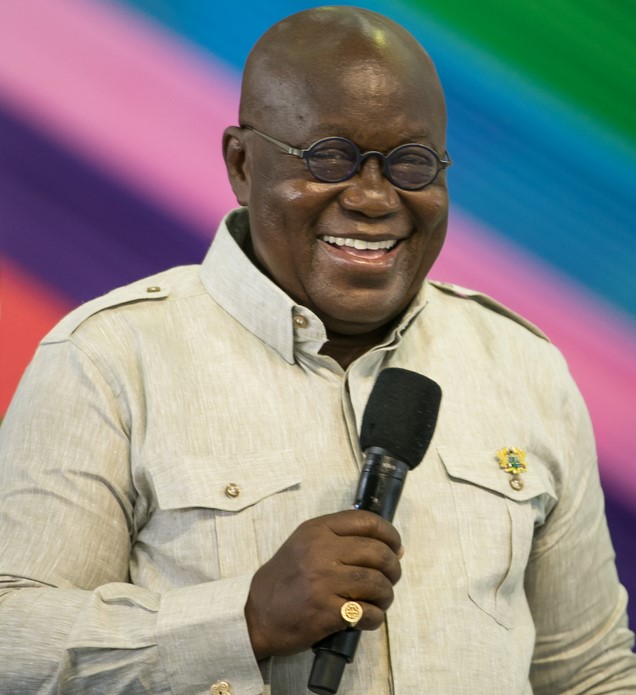|
Getting your Trinity Audio player ready...
|
In the run-up to Elections 2016, one confirmed statement that influenced the mood of a section of the electorate and won their sympathy to vote for Akufo-Addo was an appeal in the New Patriotic Party (NPP) flag-bearer’s call to vote him into power on trial.
The electorate fell for it and voted Nana Akufo-Addo into power! The upcoming December polls in a few days, will confirm the regret written on the faces of disappointed Ghanaians as they choose between the tried President Akufo-Addo and his predecessor, the tested former President John Dramani Mahama. There is no middle way this time around.
In his desperate quest for a trial during his canvas for votes in the 2016 elections, Akufo-Addo also added that he would use his mandate in office when elected as President of the Republic of Ghana to protect the public purse.
Citing measures to curtail corruption in his government, Akufo-Addo assured Ghanaians that he will use the “Anas Principle”. Finally, he said his government would not make corruption attractive for his functionaries seeking to use their positions in his government to engage in corruption. Rather, he’d caution them to work in the private sector, which sole business is to make money.
Sadly, since assuming office on January 7, 2017, the Akufo-Addo government has hopped from one corruption-riddled scandal to another, and often officials accused of corruption are cleared by the Office of the President; or circuited notably through the security services such as the Bureau of National Investigations, albeit unconvincingly. Most of these major scandals involve huge sums of money.
Since no serious investigations or prosecutions have ever taken place in these cases, the laxity in the law enforcement has both emboldened and encouraged these perpetrators to execute their criminal intentions. Average estimates put the recorded number of scandals at 127. In these last days to elections, three more additional scandals put the figure conservatively at 130.
A quick recall of a few of such scandals includes, the sleaze established in the contract with AMERI Innovations, a case of impropriety in the handling of the MCA II request for privatisation of ECG (PDS), the Auditor-General’s report of infidelity in the transfer of US$1mn to Kroll Associates for no work done, the unconscionable PPA Donkomi of tender contracts prompted by an investigative journalist, investigations report on various shady deals at COCOBOD and at the NLA, and the corruption risk assessment report on Agyapa Royalties from the Office of the Special Prosecutor.
The pattern of this conduct is consistent and modelled on nepotism. In all cases, all uncovered instances involved family and friends appointed as Board Chairs, Chief Executive Officers and Directors of Public Institutions, Ministers of State, Presidential Staffers, etc. piled atop one another waiting endlessly for further investigations and prosecutions without success.
This conduct peaked with the twist that forced the Auditor-General, Daniel Yao Domelevo out of office and muscled the Special Prosecutor, Martin Amidu, to resign from office exactly a day after the demise of President Flt Lt JJ Rawlings, a stern anti-corruption crusader.
Since his investiture into office as the President of the Republic of Ghana, the ordinate desire to build his government around corruption started with the appointment of family and friends in his government.
With this arrangement, Akufo-Addo deliberately lost the fight against corruption, at every instance of a scandal, starting in April 2017 with the issuance of a US$2.25bn bond with a coupon rating of 15 years; and ending on a corruption risk assessment report on Agyapa Royalties in September 2020.
It all evolved around the Minister of Finance, Ken Ofori Attah, his cousin; and owner of Databank and the Enterprise Group, the Special Purpose Vehicles used often as the transactional advisors in all dealings with government.
A synopsis by Comrade Shmuel Ja’Mba Abm





